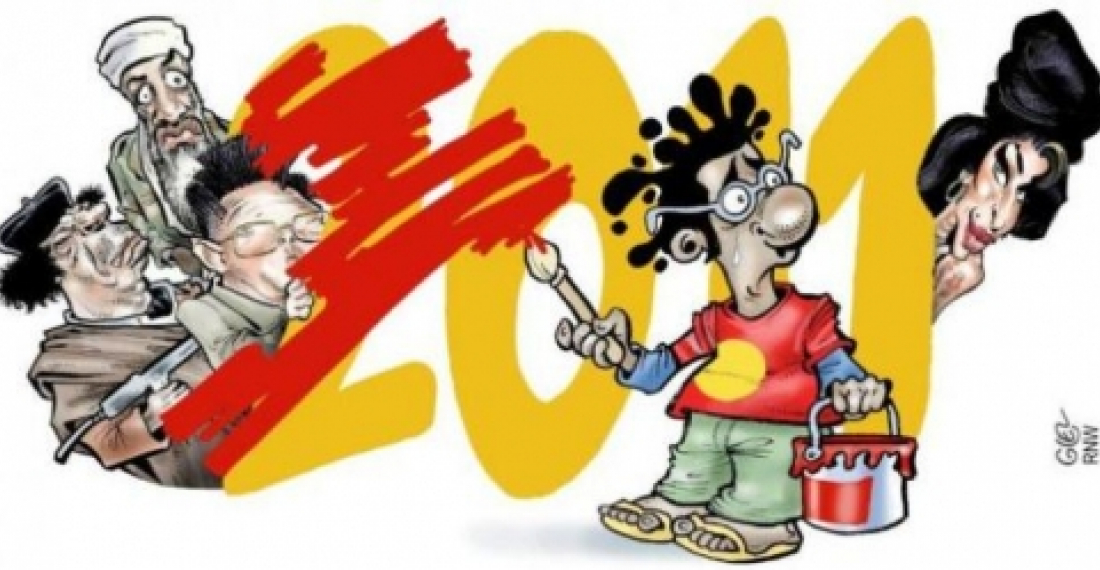2011 is coming to an end. It has been an eventful year of political turmoil, economic upheavel and social change in many parts of the world.
It was the year when social media tools such as facebook and twitter came into their own as political instruments, able to mobilise masses of people from Cairo to Moscow.
Regimes that had been entrenched for decades and that had lost all connections with their people tumbled one after the other, leaving behind them on many ocassions only vacuum and chaos.
It has also been a year of many economic surprises with the traditionally paramount position of the United States and Europe as the main global economic players being increasingly challenged. New economies are emerging ready to replace them, but perhaps not quite yet. The existential crisis to the Euro has the potential to shake European societies from some of their lethargy and many consider that there is life in the old continent yet.
It will take a while for the dust of 2011 to settle, and it is too early to say if this has been a good year for the world or not, but then again such views will always be highly subjective, depending on where and who you are.
Whilst the world shook with the events of 2011 the South Caucasus, not often the most stable of places, remained largely calm. Many however consider that this is the calm before the storm. The region has yet to face up to its problems - be they regional, political, economic or social. Governments in the region have a bad habit of shoving problems under the carpet rather than try to address their root causes. The unresolved conflicts, the democratic defecit, incomplete economic reforms, corruption and demographic changes are problems that effect one, two or sometimes even all three countries in the region. The coming year therefore may not be so calm in the region as the one that is about to finish.
One thing is however for certain, 2012 will be a decisive year for Russia, Turkey and Iran, the three powers that surround the region. A series of domestic and international issues are coming to a head in all three countries. What happens in Moscow, Ankara and Tehran will have as much an impact on Armenia, Azerbaijan and Georgia as events in Yerevan, Baku and Tbilisi.
source: This commentary was prepared by the editorial team of commonspace.eu
photo: cartoon courtesy of Radio Nederland.







